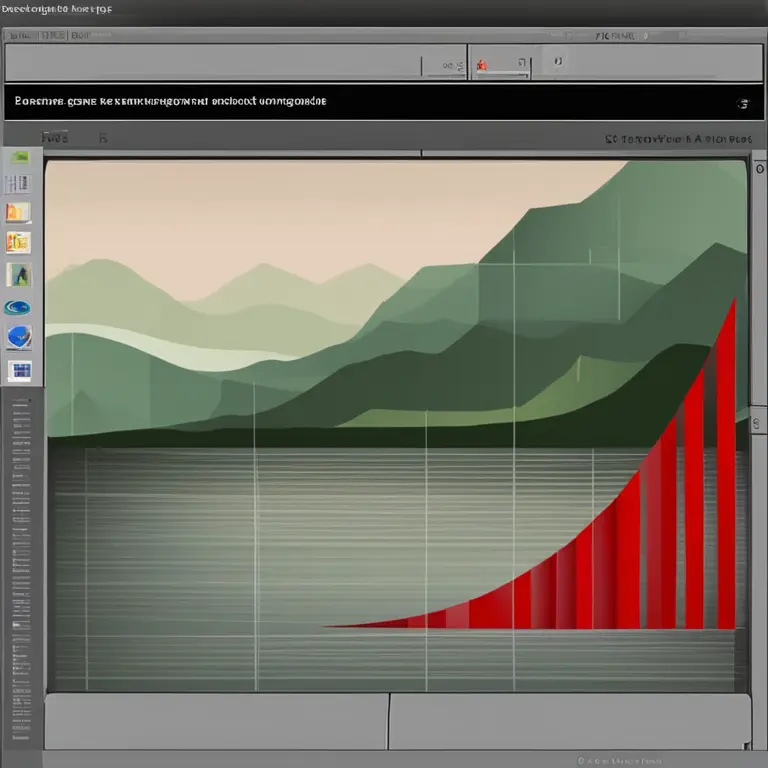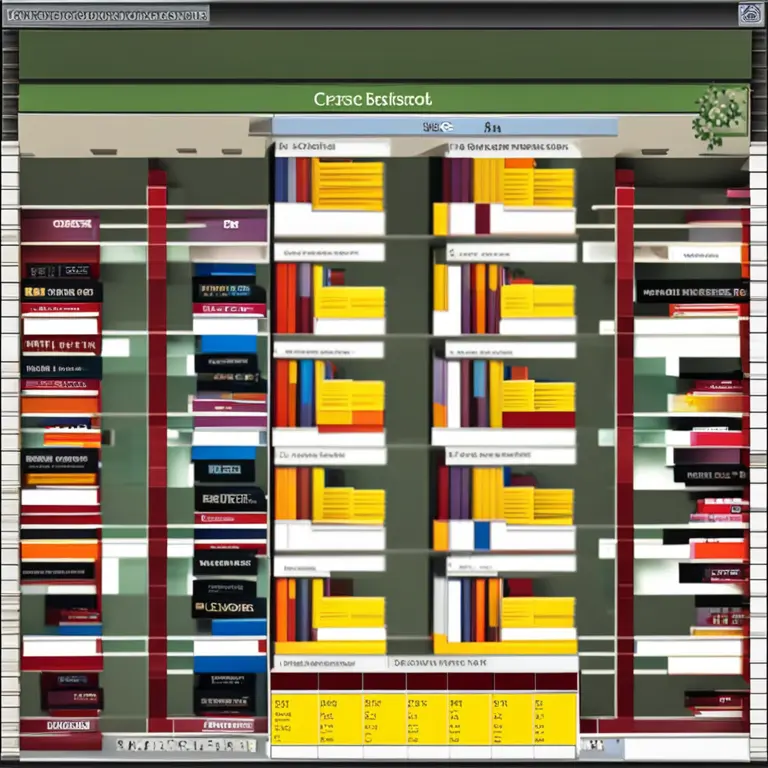
Numerology Vs Astrology: Is There a Connection?
Explore the similarities and differences between numerology and astrology, and examine whether numerology complements or stands distinct from the cosmic insights of astrology.
article by Sofia Ferguson
Defining Numerology and Astrology
Numerology and astrology are both ancient practices that have intrigued humans for centuries. Numerology deals with the significance of numbers and their impact on our lives, providing unique insights into our character and destiny based on numerical calculations. Astrology, by contrast, is the study of the movements and relative positions of celestial bodies interpreted as influencing human affairs and the natural world. Intriguingly, both practices share a belief in a cosmic connection to our existence but employ different methodologies to decipher such connections.

Historical Roots and Philosophical Underpinnings
Delving into their roots, numerology can be traced back to Pythagoras, who believed numbers were the essence of all life. Astrology's origins are equally ancient, with Babylonian beginnings and an essential role in guiding early agricultural societies. Philosophically, both preach the belief that our lives are influenced by external forces—numbers in one and celestial energies in the other. Despite using different languages, numerology and astrology attempt to read the patterns of the universe to forecast and understand ourselves better.

Methods of Practice Compared
When it comes to methodology, numerology involves calculating life path numbers, destiny numbers, and other significant numerical combinations from personal data like birthdates and names. Astrology, on the other hand, requires the creation of natal charts based on time, place, and date of birth, and considers the positions of stars and planets. While numerologists dissect numerical values, astrologers interpret planetary alignments - both seeking answers to life’s questions through the symbolic meaning of their respective elements.

Interconnectedness and Complementary Use
Interestingly, there is interconnectedness; some astrologers incorporate numerology into their readings, believing that numbers enhance their understanding of astrological interpretations. On the contrary, some numerologists use astrology to add depth to their numerical analysis. Both modalities share a symbiotic relationship, often used jointly to offer a more comprehensive insight. This complementarity suggests that although they are different, they can be interwoven to achieve a fuller understanding.

Practical Application in Modern Times
In the context of the modern era, both numerology and astrology have evolved with technological advancements. Online platforms and software have facilitated detailed and personalized reports, increasing accessibility and popularity. As we move beyond 2024, the fusion of these ancient sciences with modern technology seems primed to expand, promising users increasingly sophisticated tools for self-exploration and guidance through the cosmic wisdom both numerology and astrology provide.
Scientific Scrutiny and Public Perception
Despite their popularity, it’s vital to note that both numerology and astrology face scrutiny from the scientific community, which typically dismisses them as pseudosciences. However, they continue to hold cultural significance across the globe and have a growing community that values their spiritual and reflective insights. Understanding the nature of this support helps to appreciate why numerology and astrology thrive even in our scientifically advanced society.
Published: 1/31/2024
Modified: 1/31/2024
More predictions
Come back here soon to learn more about yourself and your future


Zodiac Compatibility Revealed: Cosmic Love Connections
Explore the role of the stars in romance with our Zodiac Compatibility Horoscope, your guide to finding harmony and love in the cosmic landscape.


Zodiac Compatibility Birth Chart Analysis
Delve into the cosmic connections of relationships with our Zodiac Compatibility Birth Chart Analysis, a guide to understanding the astrological harmony between partners.